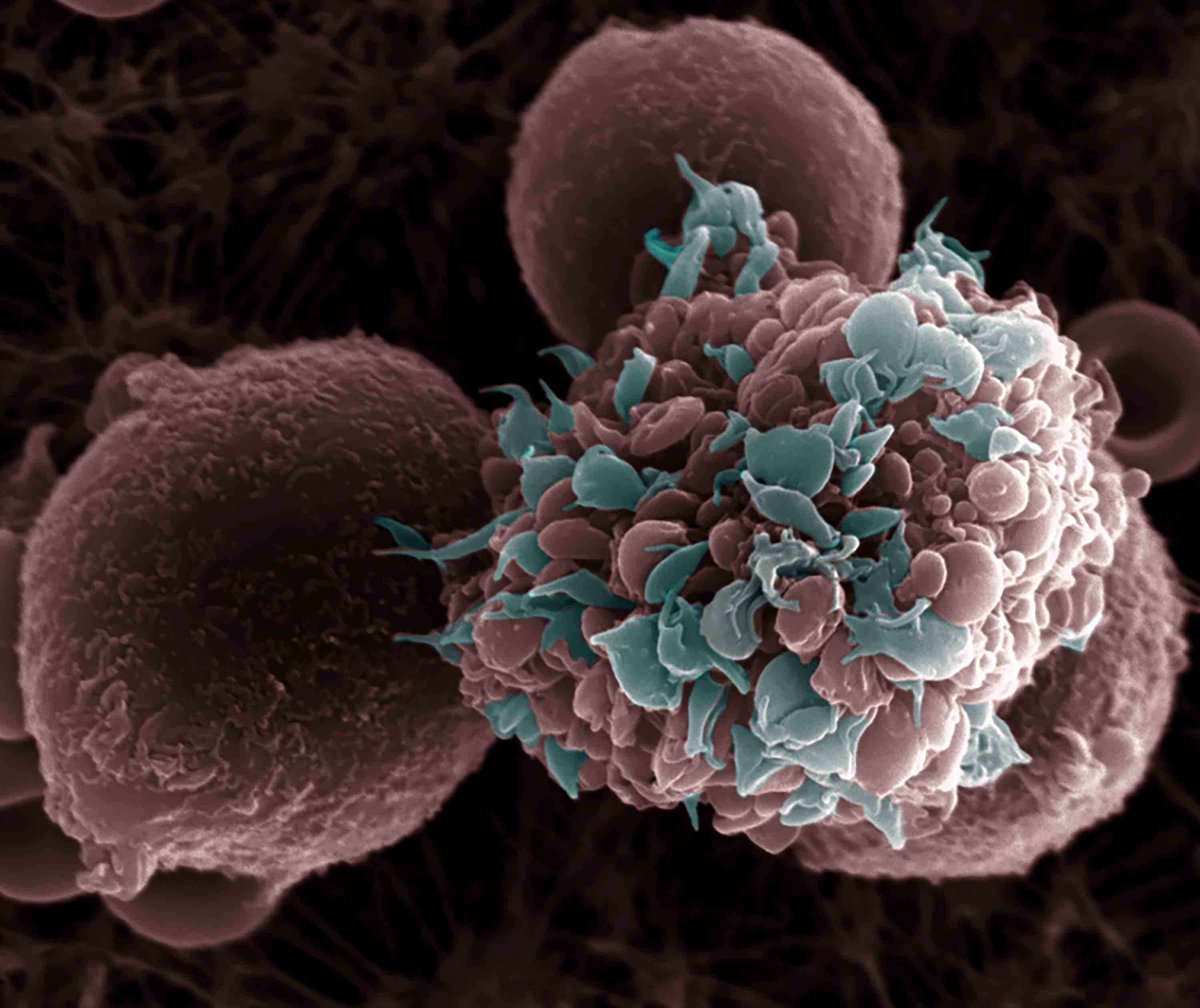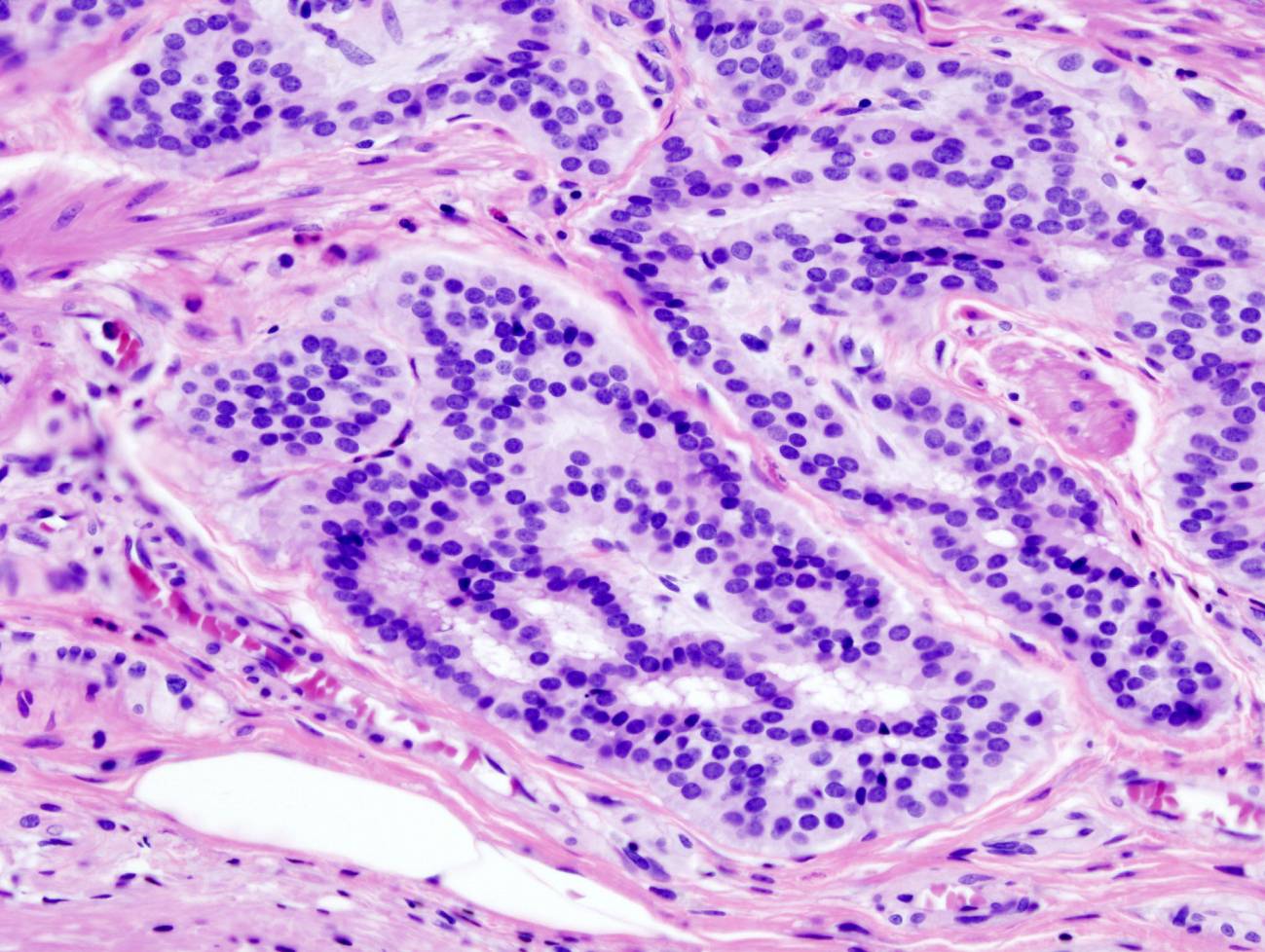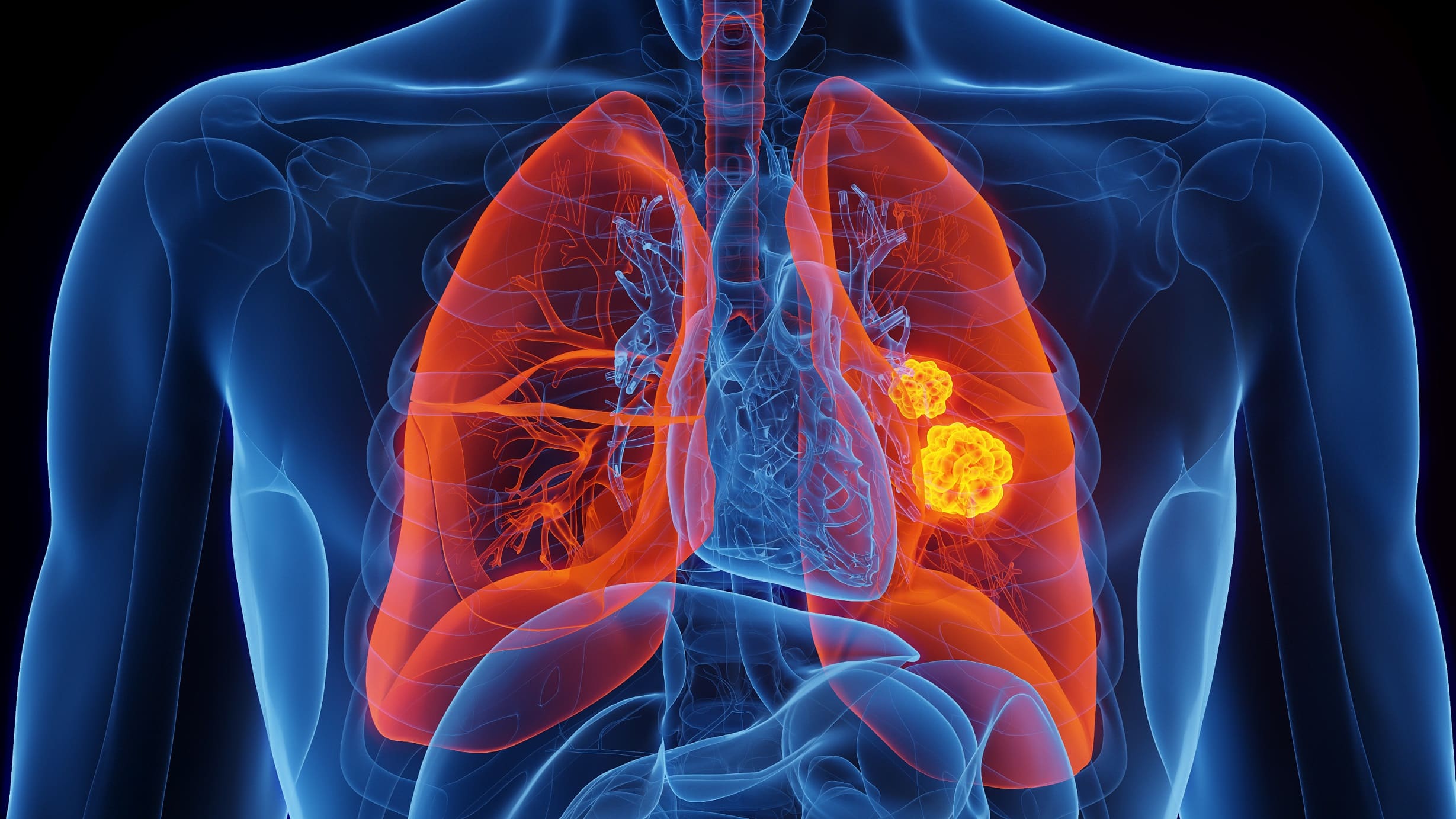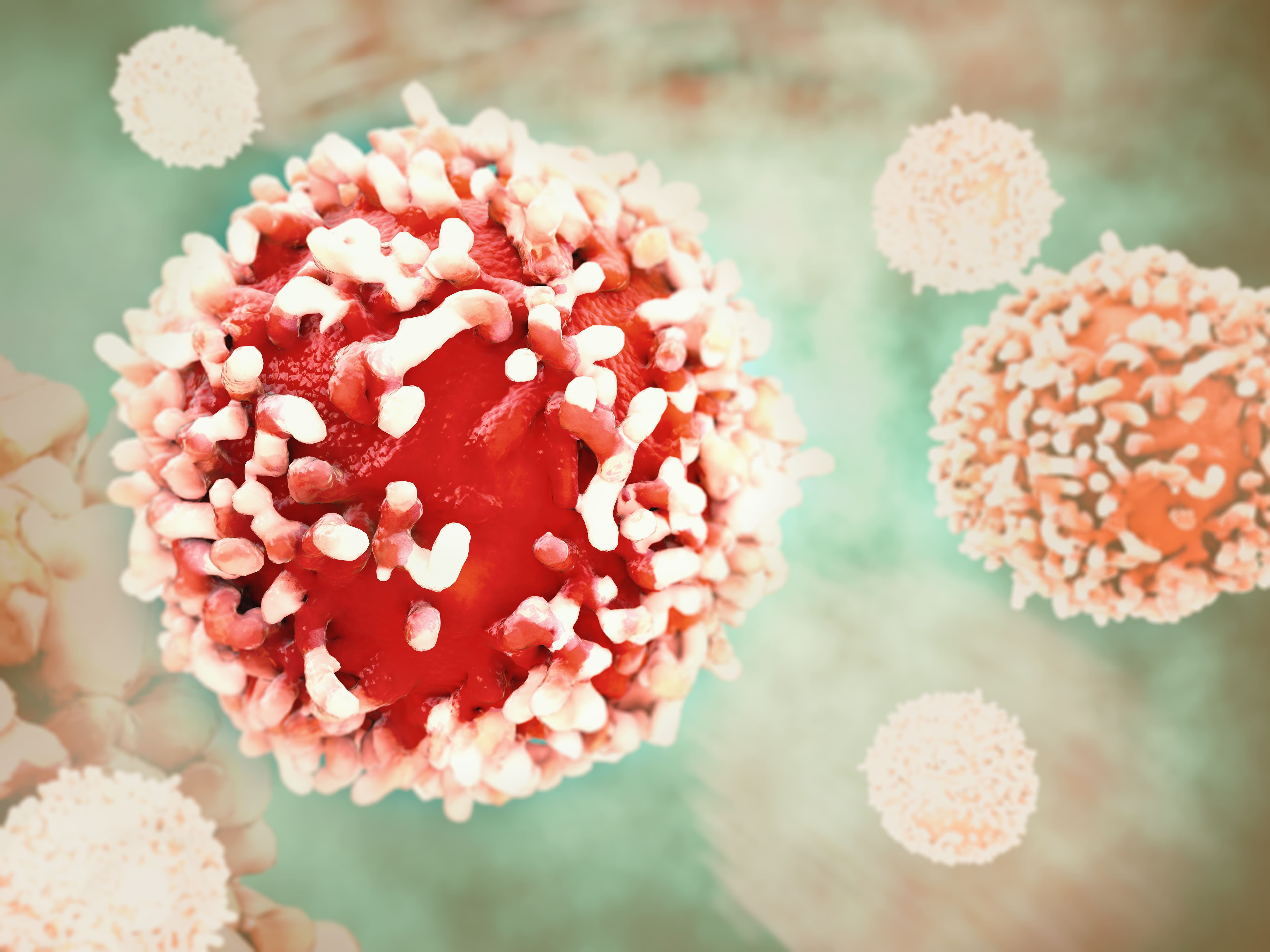A high-fat diet favours metastasis of the most aggressive breast cancer in mice
A team led by the Spanish National Cancer Research Centre (CNIO) has shown in mice that a high-fat diet increases metastasis in triple-negative breast cancer, which has the worst prognosis. In addition, it has identified several of the mechanisms that would explain this, such as the activation of platelets and coagulation, which would help the tumour hide from the body's defences and prepare the so-called ‘pre-metastatic niche’. According to the researchers, who published the results in Nature Communications, ‘this mechanism could be extrapolated to other tumour types and other organs’. The results suggest that ‘dietary intervention, together with the control of platelet activity, may increase the efficiency of certain anti-tumour treatments’.



